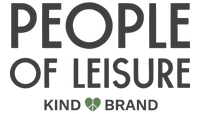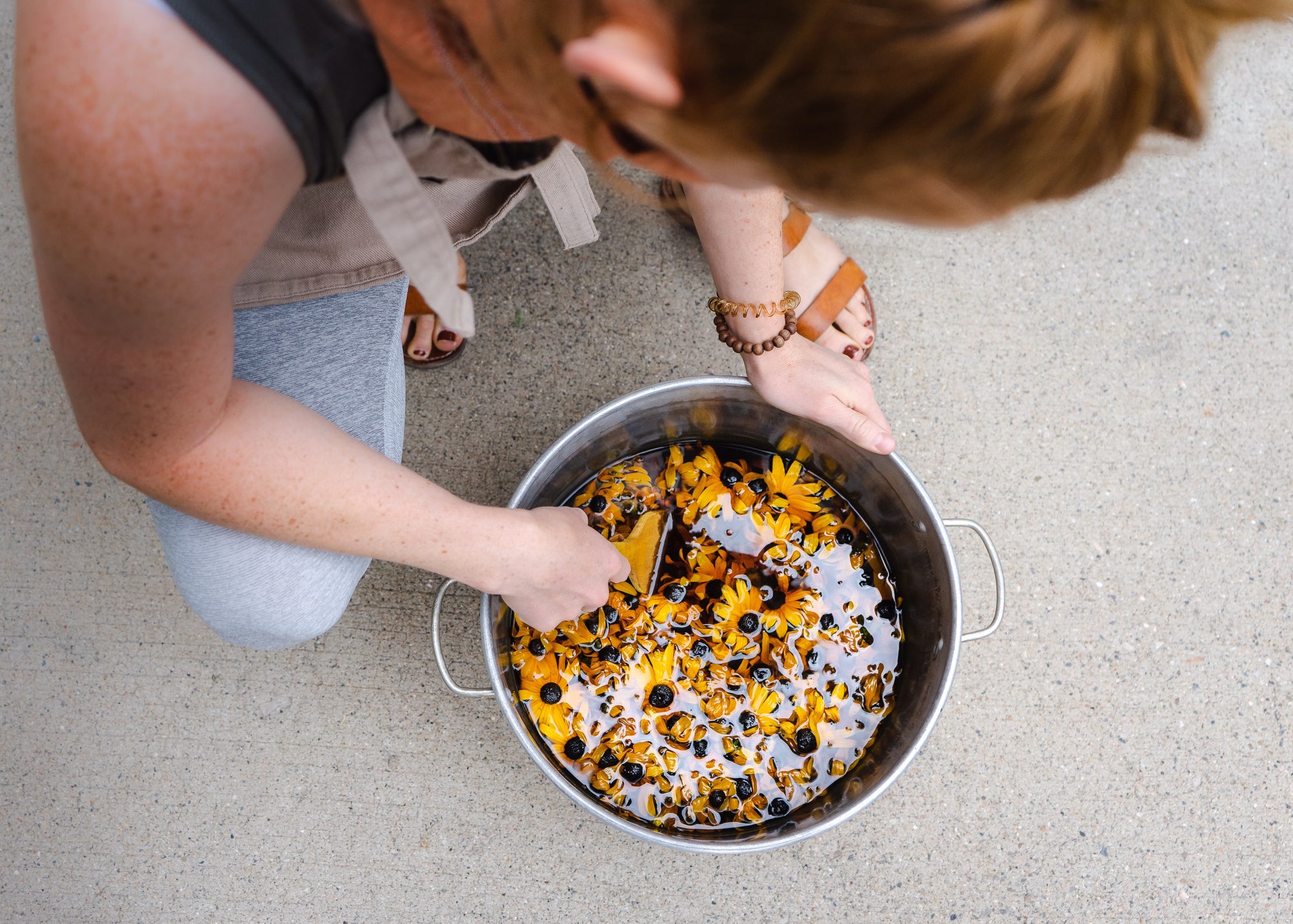
According to the National Health Council: "chronic diseases affect approximately 133 million Americans, representing more than 40% of the total population of this country. By 2020, that number is projected to grow to an estimated 157 million, with 81 million having multiple conditions.” In a world where so many are managing chronic illness. We must become comfortable acknowledging stigmas associated with our perception of these illnesses. Along with learning how we can advocate and support those affected.
We had the opportunity to chat with the inspiring Danielle Fusaro of Days With Dani. She is a doctor of physical therapy, a coach, a disabled model, and she has a chronic illness. In our conversation, she shares how her path led her to become an advocate for others on their chronic illness journey. She also shares helpful resources to support those with chronic illness.
Could you describe what a chronic illness is and why you began the journey of creating a community around it?
The CDC definition is that “a chronic illness is something that lasts for over a year requiring ongoing medical attention or limits activities of daily living or both.”
In my case, I have an incurable genetic connective tissue disorder so I will be managing it for the rest of my life. I didn’t initially plan to create a community around it. It kind of just happened, then I grew into my role as a leader and nurturing the community. I created a second Instagram to share my experience and relate to others dealing with the same things I was. It was more of a medical journal because that’s what I needed at the time.
Over time, my account slowly transformed and I discovered that my purpose in life is to help others with chronic illnesses or disabilities live a more fulfilled life.
You work with your clients through telehealth, can you share what a typical appointment looks like for you?
Yes! A typical appointment consists of time spent chatting with my patient about how they’re doing, what they’re struggling with, what came up in between appointments. And how I can advise them to make changes to how they do things to make them easier on their bodies.
The rest of the session is spent on a curated set of exercises for that specific patient while also educating them on why the exercise they’re doing is beneficial for them. Along with what I’d like them to do as “homework” in-between sessions.
People think a lot of the work is done during the appointment, but especially with telehealth, most of the work is done by the patient on their own, so my job is to equip them with the tools they need to do exercises properly.
As someone who lives with a chronic illness, how has it been your driver to follow a life path of helping others?
It honestly wasn’t my original intent. I went to school for athletic training as well as physical therapy, so I’ve always been passionate about helping others. As I was navigating my own journey and figuring things out in my life, a few people I trusted kept telling me I was destined to work with the community. Even though I wasn’t quite ready at the time. I was very set on being able to return to clinical PT so that just wasn’t on my radar. I eventually needed to come to terms with the fact that typical clinical PT isn’t a good fit for me.
My body wouldn’t be able to handle the amount of time being upright and performing manual therapy. Once I started to accept that as my reality, I began thinking about how I could help others in the community. I saw how the mindset changes I made in my own life and the shifts I created, truly impacted my quality of life. Not only emotionally but physically and I wanted to be a guide for others to be able to do the same.
If I had someone to guide me when I was going through it, I definitely could’ve made the shift from being angry at my diagnosis to being at peace with it much quicker. I discovered I absolutely love helping others. It’s what fills me up and I know I’m good at it, so it’s my goal to impact as many people as I can.
I do this through 1:1 coaching, as well as the plethora of free content on my Instagram, TikTok, and my blog. I want everyone to feel empowered to take back control of their lives, and it’s my goal to help them find the tools to do that.
What are some typical stigmas that you hear surrounding chronic illness you would love for people to know the truth about?
I would say the biggest one is that you have to “look sick” to be sick. Something like 95% of chronic illnesses are invisible. The longer we’re ill, the better we get at hiding it. You can never assume how well someone is or isn’t functioning by how they look. You really never know, so it’s better to ask them something like “you look great but I know you don’t feel that way, how have you been doing lately?” rather than being like “wow! You look great!” and brushing them off, essentially ignoring their struggles.
Another one is that sick people are less worthy or capable. Chronically ill individuals are some of the hardest-working, smartest people I know. Needing accommodations isn’t a bad thing. I don’t understand why especially now with Covid, that working from home is such a big deal or needing extra breaks, etc. As long as the person is getting the work done, what does it matter the way in which they do it? The work world is so inaccessible and they’re losing out on some truly incredible people because they refuse to accommodate them.
Who has inspired you through your journey? (artist, musician, someone else in your field, etc.)
There were some people in the community that inspired me, but my biggest inspirations are some of my closest friends. One of them has fought tooth and nail to get her life back, and now she’s in school, working, and exercising. One of them is a fellow patient and provider, working as a nurse for people with my genetic condition.
Another one is fighting her way through law school so she can practice disability law when she finishes. And yet another one, more like me. Working as a chronic illness coach and has such a great work-life balance while completely sustaining herself on her own. They all inspire me in different ways and help me keep going.
What are some resources for those who are either battling a chronic illness or who know someone who is?
There are a bunch of resources on my blog: Days With Dani Nicole also a lot on Plenty & Well, and The Mighty.
The best way for someone who knows someone with an illness to be there for them is to look up their condition. Talk to them about how it affects them personally. Each person with the same diagnosis can look very different.
The biggest thing I’d say for healthy people trying to support people they care about is to just listen. You don’t have to fully understand or fix anything. We just need someone to listen and lift us up when we need it.






